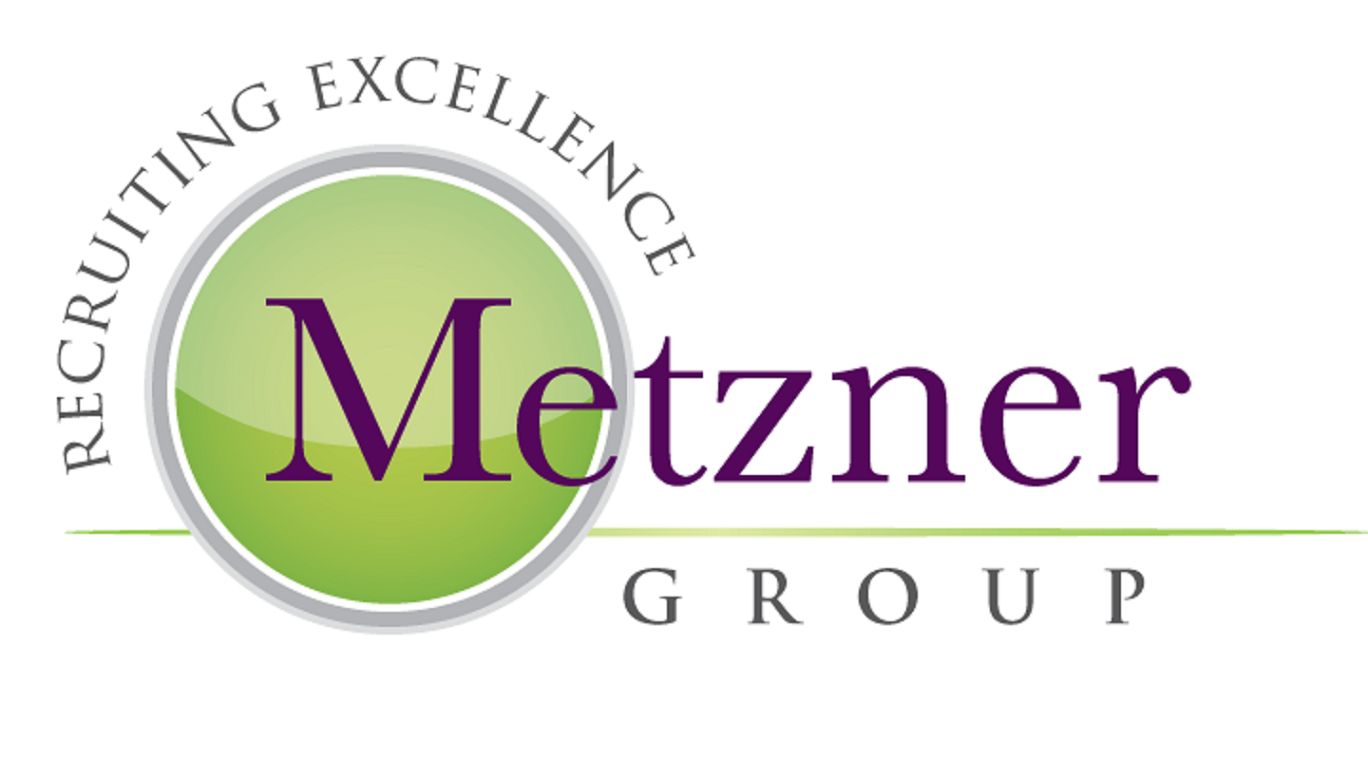Civil Engineers and Architects: Work Burnout. Get Motivated!
Whether you are employed or looking for a job, undoubtedly you have experienced work burnout. It is inevitable at some point. Most of us crave security. We want to know we can pay our bills and play along the way. That is usually enough motivation for me. But there are days, I admit, that I find myself staring at the computer and the phone despite having a great deal of work on my desk.
Work burnout is not only a problem for you, but the effects on your projects, colleagues, department, company and clients can be irreparable. Getting back to work with true enthusiasm can be a job in itself, but is critical no matter what your financial state. Here are suggestions that may help:
1. Take a break. If you can only leave the office at lunchtime, then do it! Get some space between you and your office. If you are not able to break during the day, then leave work at a reasonable time.
2. DO NOT TAKE WORK HOME WITH YOU! If you are looking for a job, then stop at the start of the evening.
3. Prioritize tasks. Are you overwhelmed and stressed? De-motivation can occur when tasks are many or too difficult and the light at the end of the tunnel looks like the proverbial train. Set priorities. Every task cannot have the same sense of urgency even if clients are demanding it be so.
4. Set intermediate goals and reward yourself when they are achieved. Motivation increases when rewards are received. Give yourself something positive when you meet a goal.
5. Enlist the support of colleagues, friends or family. Perhaps you don’t want your office mate to know how unmotivated you really are…most of the time they have noticed. Talk about it with them. Most people are helpful and will be supportive.
6. Tell yourself to be positive about work. Yes, we all participate in “self talk.” Usually it is negative but this time have positive conversations with yourself!
7. Get back to work. Just jump in and before you know it goals will be achieved, projects will be completed and your motivation will come back.
When I asked several professionals how they pull themselves out of the burn-out track, they offered helpful ideas:
1. Think about when you were most passionate about your work. Remember specific experiences that made you thankful to be doing what you do.
2. Take a break and find yourself and what you love to do again…sometimes it’s returning to what you have always done, sometimes it is reinventing yourself, and sometimes it is returning to the roots of what you always loved, but gave up to do something you’ve been doing for so long that now you are ready to return to past interests.
3. Step back. Re-evaluate and find your desire for what you do.
4. Segment the day (morning especially) into 50 minute periods with a 10 minute break that does NOT include answering email. A little Pilates, read the newspaper (not online) or walk. Then another 50 minutes of focused work, etc. If really burnt out, take a mental health day and simply enjoy personal interests, reading, whatever. NOT thinking about work.
5. If the opportunity exits, ask to be put on special projects. This gives the opportunity to work with different people, contribute in different ways and solve problems.
6. Find a way to help someone who’s just getting started in their career. To start with, the stuff I take for granted knowing just through experience makes me seem like a god to them and they absorb it like a sponge. I’m usually able to connect them with someone useful within my own network. There are many times through the years where this sort of “pay it forward” approach has come back to reward me ten-fold in addition to brightening up the day I initially helped them.
7. Hit the refresh button and take a vacation. A walk, chat with a friend or a little reading or a little research into family history. It is the away time that allows us to refocus.
8. Sometimes a change of workplace is required.
9. We must take care of ourselves mentally & physically…whatever it takes for us to keep balance in our work & home life. Make the time to relax and do things that are fun for you…whatever you define fun to be.
10. Listen to classical music. It really helps to de-stress, even on the very intense days, and it gets the creative juices flowing. It is the a consistent way to get unstuck.
What has helped you to get your motivation back on track?
The Metzner Group Blog




